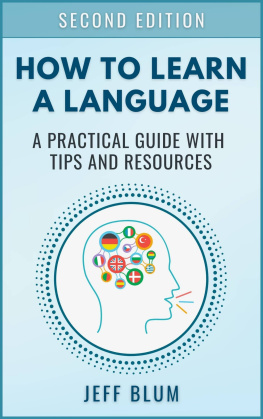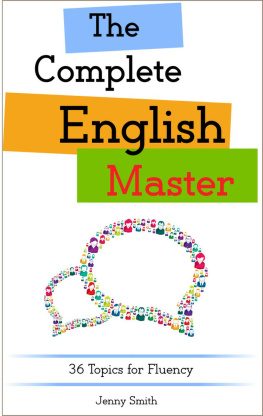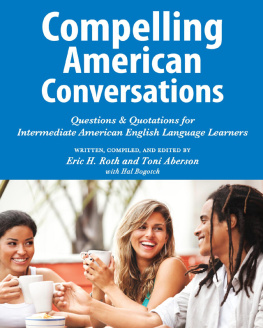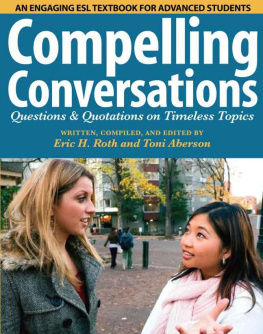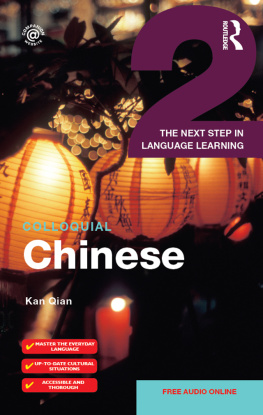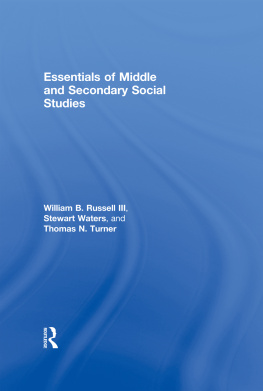Advanced ESL
English Discussion Topics
Engaging Activities to Develop Opinions, Critical Thinking and Debating Skills By Nigel M Openshaw First published in 2016 Copyright Nigel M Openshaw Without the publisher's prior written consent, no part of this publication may be duplicated, saved in a retrieval system, or transmitted through any technique (mechanical, electronic, photocopying, recording, or otherwise). The only exception would be a few well-placed citations in a research or book review. Cover artwork by Nigel M Openshaw https://www.nigelmopenshaw.com Disclaimer: You accept the risk that outcomes will vary for everyone by using the advice and tactics in this book, as neither the publisher nor the author can guarantee the degree of success you will have. At the time of printing, the publication's information was considered accurate. The publisher denies all liability for any misprints, omissions, updated information, or other costs or losses that may result. Additionally, the knowledge and research compiled in this book might not be entirely correct.
Use of this book constitutes your agreement to this disclaimer. All rights reserved.
Dedication
The wonderful and motivating students I had in South Korea gave me the foundational training I needed to advance as a teacher. They propelled me forward, urging me to focus more on meeting their needs than on strictly adhering to the standard guidelines. Everyone is unique, thus their needs come first, as we learn. Since they are like family, saying "thank you" does not seem fair or sufficient.
Many thanks to Korea.
Preface
I realized how valuable a resource my collection of teaching tools would be for other educators while looking at them during my time as an ESL instructor in South Korea. With the aid of these lessons, my students improved their vocabulary and fluency in English, which boosted their confidence. The material has a variety of entertaining and inspiring assignments. By carrying this with you, you will experience the support of a co-teacher wherever you go.
Introduction
The lessons are broken down into modules with clear actions.
Any preparation needed is mentioned at the beginning of each chapter. Each lesson's reference materials are mentioned after each chapter. No-prep or low-prep English activities It is possible to adapt the length of the classes to between 30 and 90 minutes. Depending on the student's skill levels, some topics may need a brief worksheet or classroom activity at the beginning of the session. There are also provided the British and American spellings for words like "favourite/favorite." A word of caution: the terminology used here is formal. This is for clarity.
It is up to you if you believe the pupils can deal with more informal language, including contractions. Some students will struggle with ambiguous sentences. I leave this in your hands. The structure of the lesson runs in the same modular style: Objective and Warm-up Introduce the topic and go over any required warm-up exercises. Exploration and Comprehension Assess the student's understanding of the subject and have a controlled group discussion. Guided Student Practical Under the teacher's guidance, the students complete the task in pairs or small groups.
Student Presentation and Evaluation Students can provide evidence for any claims they have made in class. Review and assess Discuss any issues you have with comprehension or application at this stage. Activity This fun, short exercise is both a review exercise and a relaxing respite.
1. Debating a Topic
This is a simple lesson in debating. Students will discuss a claim and look at solid reasons for and against it.
Objectives 1. Understanding the meaning of a statement and recognizing arguments. 2. Explain one's viewpoint and prepare a convincing reply to a statement. Things to Do 1. 2. 2.
Prepare three arguments for and three arguments against this claim for comprehension verification. Lesson Warm-up and Objective Explain to the students how to construct arguments and convey viewpoints during a debate. Introduce the primary lesson theme that was selected throughout the planning process. Discuss the lesson's main objective, which is for the students to discuss arguments for and against a certain issue. Exploration and Comprehension Write the main topic's introduction on the board. Look for words related to the topic and make sure all the students are aware of them.
Make a table on the board with the headings "Fact" and "Opinion" in each column. After gathering several comments, discuss them. Ask the students to confirm the accuracy of their replies. Be stern. To defend and differentiate the students' opinions from the truth is the goal. Guided Student Practical Divide the class into smaller groups of three to four.
If necessary, arrange the tables. Introduce the primary lesson theme that was selected throughout the planning process. Clear the board, then type the declaration at the top. Then, depict a table with the definitions of "Pros" and "Cons" below. Distribute A4 paper. Ask students to split the paper into "Pros" and "Cons" columns, just like the board's table.
Instead of the original topic, students write their counterarguments about the statement on the board. After some time, they ought to talk about good responses and eliminate bad ones. Keep an eye on the students and offer suggestions if necessary. Student Presentation and Evaluation Students eventually convey their major points to the class. On the board, note their arguments. Once each group has finished, have the class go over each argument and debate it.
Ask the students to weigh the merits of the facts, views, and pros and cons. Give both parties a chance to debate and refute each other's ideas. The discussion's conclusion will determine whether the argument remains, is moved to the other column, or is removed. Review and Assess Students should be asked if the arguments are in the proper column. Ask students to make changes, then point out those that are inaccurate to gauge their comprehension. Continue discussing the terms for review.
Activity - English Court Debate Students are encouraged to voice their perspectives. Put several cards with topics in a box, for example, "Should mobile/cell phones be prohibited in classrooms?" The topic should be written on the board. Choose three students to oversee the final judgment. Split the remaining students into two teams. One is advocating in favour/favor of the subject, and another is arguing against it. Select a team spokesperson who will manage most of the talking.
Request a statement from one group. Add this to the board. The opposing team then talks about this. The opposing team then replies to the comment. Write this on the board. Each side should continue to provide fresh reasons, which should be recorded.
After some time, the judges choose which team has built the strongest case.
Topic Resources
The statements below are broken down into many groups. They are well-known facts, contested explanations, and a few contentious topics. Animals At the zoo, a boy fed bananas to the monkeys. A giraffe ate the topmost leaves of the tree. Last week, I bought a hamster and a goldfish.
Australia is the home of kangaroos. Antarctica is home to penguins. Art A classical music performance can inspire. I enjoy visiting art galleries. One of the most well-known artists is Monet. My friend often visited art museums.
The finest artworks are oil paintings. Books E-books are far superior to printed books in every way. The Harry Potter books can be time-consuming to read. I have read Jules Verne's Journey to the Center of the Earth. I enjoy being in the library because there is so much information there. Because my house is small, I prefer to borrow books rather than buy them.


